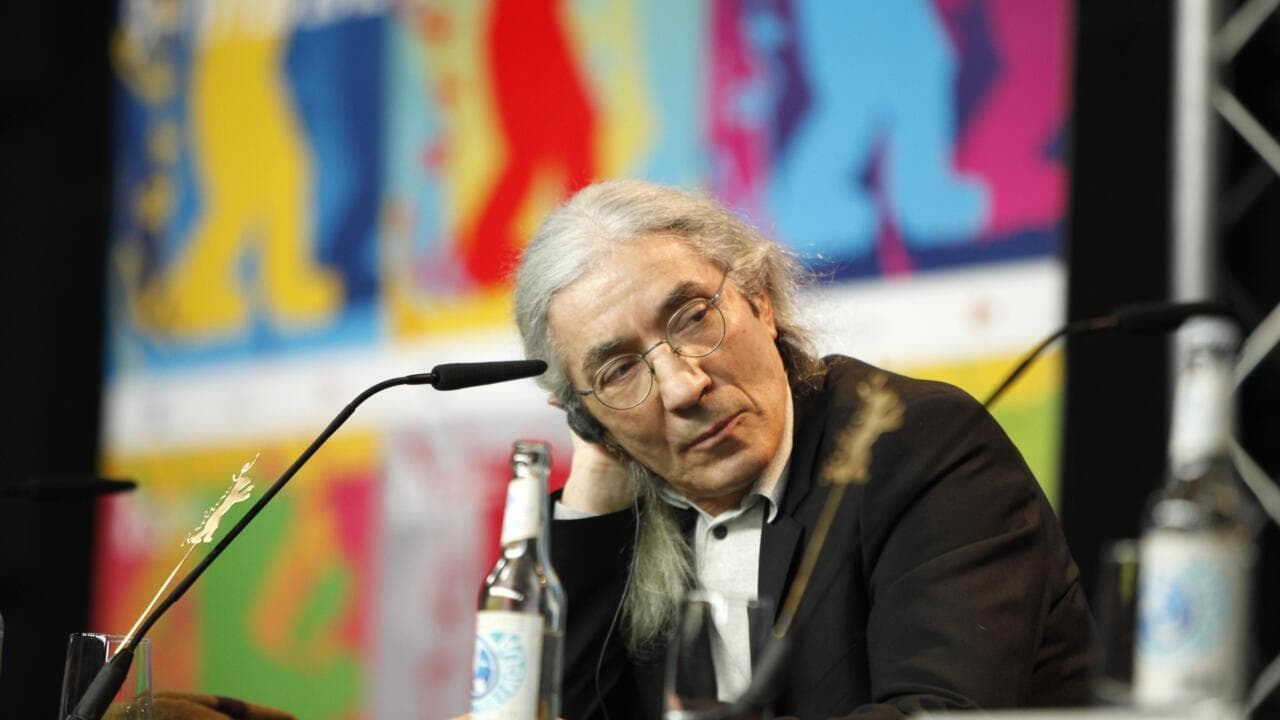French-Algerian writer Boualem Sansal was set to be released from prison, the Algerian presidential office said in a statement on Wednesday.
Sansal, 81, was arrested on November 16, 2024, in Algiers and sentenced on appeal in July 2025 to five years in prison for comments deemed harmful to national unity.
His pardon came after German President Frank-Walter Steinmeier urged Algeria to free Sansal."The president of the republic decided to respond positively to the request of the esteemed president of the friendly Federal Republic of Germany", said the Algerian presidential statement.
The statement said Germany"will be in charge of the transfer and treatment" of Sansal, who suffers from prostate cancer according to his family.
Sansal is known for his criticism of Algerian authorities as well as of Islamists. He was arrested in November after saying, in an interview with a far-right French media outlet, that France unfairly ceded Moroccan territory to Algeria during the colonial era.
His statement, which echoed a long-standing Moroccan claim, was viewed by Algeria as an affront to its national sovereignty.
The author's arrest in Algiers deepened a diplomatic rift with France, which analysts have said is the worst the two countries have seen in years.
'Mercy and humanity'
French President Emmanuel Macron had also urged Algerian President Abdelmadjid Tebboune to show"mercy and humanity" by releasing the author.
Sansal's daughter Sabeha Sansal, 51, expressed her relief over the decision in a phone call with AFP from her home in the Czech Republic.
"I was a little pessimistic because he is sick, he is old, and he could have died there," she said."I hope we will see each other soon."
A prize-winning figure in North African modern francophone literature, Sansal acquired French nationality in 2024.
Appearing in court without legal counsel on June 24, Sansal had said the case against him"makes no sense" as "the Algerian constitution guarantees freedom of expression and conscience".
When questioned about his writings, Sansal asked:"Are we holding a trial over literature? Where are we headed?"
His case has become a cause celebre in France, but his past support for Israel and his 2014 visit there have made him largely unpopular in Algeria.
The case has also become entangled in the diplomatic crisis between Paris and Algiers, which has led to the expulsion of officials on both sides, the recall of ambassadors and restrictions on holders of diplomatic visas.
Another point of contention was the sentencing to seven years in prison of French sportswriter Christophe Gleizes in Algiers on accusations of attempting to interview a member of the Movement for the Self-Determination of Kabylie (MAK), designated a terrorist organisation by Algeria in 2021.
Both Sansal and Gleizes's prosecution came amid the latest rise in tensions between Paris and Algiers, triggered in July 2024 when Macron backed Moroccan sovereignty over the disputed Western Sahara, where Algeria backs the pro-independence Polisario Front.
Civil servant turned novelist
An economist by training, Sansal worked as a senior civil servant in his native Algeria, with his first novel appearing in 1999.
"The Barbarians' Oath" dealt with the rise of fundamentalist Islam in Algeria and was published in the midst of the country's civil war which left some 200,000 people dead according to official figures.
He was fired from his post in the industry ministry in 2003 for his opposition to the government but continued publishing.
His 2008 work"The German Mujahid" was censored in Algeria for drawing parallels between Islamism and Nazism.
He has received several international prizes for his work, including in France and Germany.
In recent years Germany has offered refuge to several high-profile prisoners from other countries.
The late Russian opposition leader Alexei Navalny was treated at Berlin's Charite hospital after being poisoned in August 2020.
Last year Germany welcomed several other high-profile Russian dissidents as part of a historic prisoner swap with Moscow.

